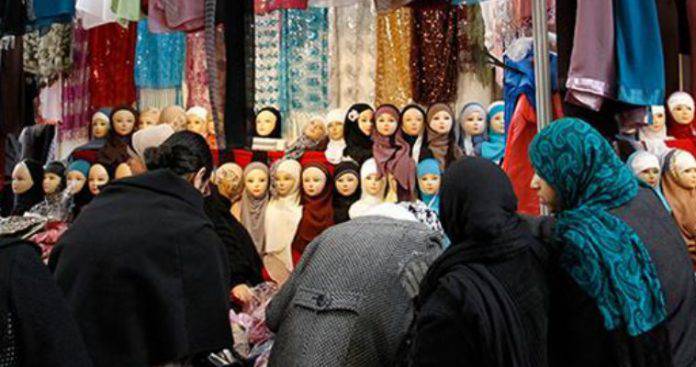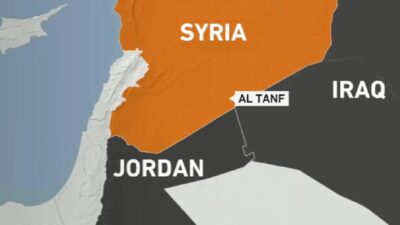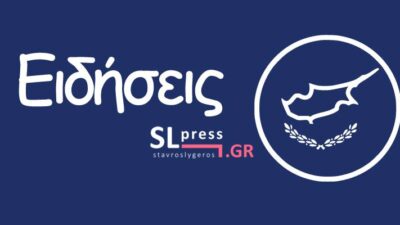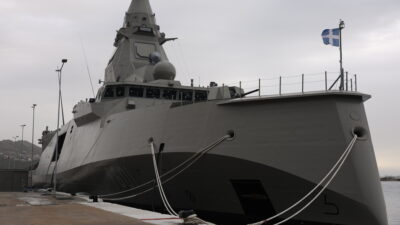Erdogan’s utterly foolish and disastrous economic policies ultimately lead the central bank’s net debt balance to negative ground at $ -46.5 billion, up from a positive $ 22.7 billion at the end of 2019. The dire picture of foreign exchange reserves is not improving even with the support of $ 44.5 billion from foreign exchange debt contracts (FX Swaps) until September 30 (based on available data).
These contracts, mainly with Qatar, involve the exchange of payments in one debt (capital and interest) in one currency with another (also capital and interest) in a different currency. Despite the continuous large interventions of the central bank, on November 6, the exchange rate of the Turkish lira was 8.58 and 10.13 against the US dollar and the European common currency, respectively.
The next day, Erdogan crassly ousted his central banker Murat Uysal and immediately “beheaded” Berat Albayrak, hoping to save his political future and delay an almost inevitable financial collapse. New central banker Lutfi Elvan immediately raised interest rates to 15% in a bid to de-escalate the attacks, although in the days that followed the European single currency remained above 9: 1.
The country’s dire financial situation has forced the Erdogan regime to sell assets with Qatar as its first buyer, which bought a 10% stake in the Istanbul Stock Exchange for $ 200 million, the commercial port of Antalya and the state-owned airline, as well as real estate and lands of the Turkish state.
A television network, two banks (one of which is a former subsidiary of NBG FINANZBANK) and a high-value zone in the Golden Horn for the construction of a luxury hotel complex and marina have already been sold in Qatar, with a total investment of 22 billion The national telecommunications agency is likely to be put up for sale, as well as the new Istanbul airport, which is facing an incredible loan burden of $ 25 billion.
The invisible inner front
Typically deposit rates in Turkey supply the demands for individuals and businesses in Turkish lira. By 13 November, the monthly deposit interest rate stood at 11.89% and the corresponding twelve-month rate at 13.20%. Although deposit rates are generally in line with the central bank reference rate, the previous governor of the bank had raised the so-called corridor lending rate of the country’s banks to 14.75%, before raising the central bank reference rate to 15 %.
New central banker Naci Ağbal, along with new Finance Minister Lütfi Elvan, are now facing the problem of accelerating inflationary pressures and growing distrust of Turkish citizens in their national currency, fluctuating exchange rates with the US dollar and the European common currency, essentially reflects the wider unfavorable assessments of the inability of the financial staff to restore Turkey’s economic and monetary credibility.
Historically, Turkish citizens have distrusted and feared the official data published on inflation and the fundamental economic figures of their country. Especially in the current period, their experiences from the large index changes increase their phobias and worries and the constant allegations of manipulation of retail prices have transformed into a wider climate that turns against the unreliability of the Erdogan regime.
The average Turk
The monthly price growth rate in September was 3.61% and in October was at 3.87%, compared to 0.97% and 0.98% respectively published by the Turkish Statistical Service (TÜİK), as revealed by the Independent ENAG Research Authority. The annual index change according to official data was around 11.76% in July, 11.75% in August, 11.75% in September, and 11.89% in October, with an official forecast for inflation of 12.5 % at the end of December. However, the majority of economists estimate that it will be more than 13% with the entry into the new year and perhaps significantly larger.
But for the average Turkish citizen who is under unbearable pressure watching market prices for most products rise by 18% to 25%, his reaction is to sell Turkish lira and seek safe havens in either hard currency or gold. In contrast to the fragmented opposition, from the middle-income to the upper-income strata, a united silent front is being formed against the Erdogan regime, albeit without a specific political direction, but much more dangerous.
The consequences of its uncertainties are reflected in the sharp rise in gold imports, which more than doubled the trade deficit to $ 4.88 billion at the end of September, from just $ 1.67 billion in the same period in 2019. Overall, the deficit for the period January-September 2020 has increased by 80%.






